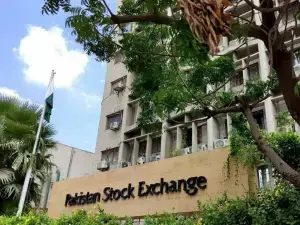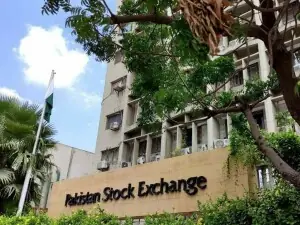Germany provided a glimmer of hope for global recovery on Tuesday, reporting an upturn in manufacturing orders, although the OECD said it was too early for governments to withdraw life support for the economy. Data showed orders in Europe's largest economy rose at the strongest monthly pace in nearly two years in May, but economists said the yearly comparison would remain weak for some time yet.
-- Surge in German orders feeds fragile hopes of recovery
-- OECD's Gurria says now not the time to withdraw stimulus
-- US should plan 2nd fiscal stimulus: govt adviser
-- EU warns growth may be permanently damaged by crisis
-- Bank of Spain's Ordonez sees global recovery early 2010
"This underscores expectations that we have the worst behind us. However, we shouldn't celebrate too much: if we stay on the current level, we would still have negative (annual) rates up until the end of the year," said HSBC Trinkaus economist Lothar Hessler.
The euro rose broadly, shares extended gains and energy and commodity prices rebounded after the data. Investors remain cautious, however, after numerous warnings from policymakers that global economic recovery was still far from secure and with frustration growing over banks' still-sluggish lending to businesses and consumers.
OECD Secretary General Angel Gurria told Reuters that governments risked killing the recovery if they withdrew stimulus spending too fast. "The name of the game is to move from a policy-driven recovery, which we have now, ... to a self-sustaining growth," Gurria said in an interview. But that remained a big leap, he said in remarks before leaders of nations that produce 90 percent of world GDP meet in Italy this week.
"You go headfirst into nosedive if you do not have the structures that hold up self-sustaining growth. It's not there; it's as simple as that," said Gurria, who heads the Organisation for Economic Co-operation and Development, a club of mostly wealthy nations.
And a European Commission study warned that Europe's economy may shrink further due to the economic crisis if the right policies are not implemented and if Europe fails to resolve problems in the financial sector. "There is also a risk that potential growth rates in the post-crisis era will be permanently lower than their pre-crisis levels either as a direct consequence of the crisis ... or due to inappropriate policy responses," the report said.
Governments around the world have poured trillions of dollars into combating the worst recession since the 1930s Depression, but unemployment is steadily rising and a recovery is likely to be drawn out. The World Bank, in a letter to G8 nations due to meet on July 8-10, said 2009 remained a dangerous year although interventions by central banks and governments appeared to have "broken the fall in the global economy". "Recent gains could be reversed easily, and the pace of recovery in 2010 is far from certain," World Bank President Robert Zoellick wrote.
With bets on an economic upturn still fraught with risk, investors are keen to see any evidence that things are looking up. Signals from data and from policymakers remain mixed. Miguel Angel Fernandez Ordonez, a member of the European Central Bank's Governing Council, said that despite a large level of uncertainty the global economy is expected to return to growth at the beginning of 2010.
News from Asia painted a sunnier picture. China's economy should grow by 7-7.5 percent year-on-year in the second quarter, picking up to 8 percent in the third quarter and 9 percent in the final three months of the year, said Zhang Jianhua, head of the Chinese central bank's research department.
As China gains pace, Premier Wen Jiabao and his economic advisers agreed at a recent meeting that Beijing would stick to its moderately easy monetary policy stance in the next few months, an informed source told Reuters on Tuesday.
BR100
16,307
Increased By
236.2 (1.47%)
BR30
51,537
Increased By
1163.4 (2.31%)
KSE100
157,953
Increased By
1775.7 (1.14%)
KSE30
48,199
Increased By
520.5 (1.09%)






















Comments
Comments are closed.